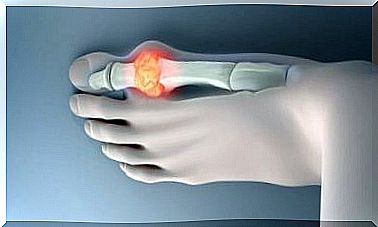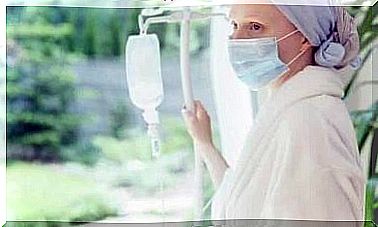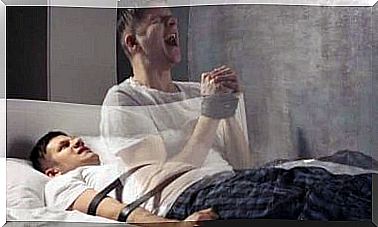Hip Pain: 6 Possible Causes
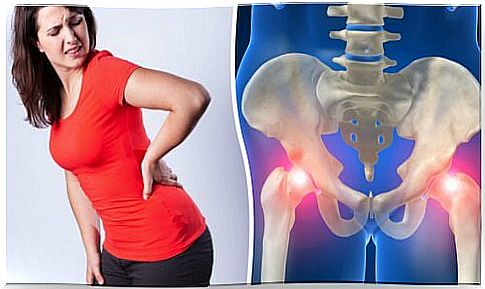
Even if it seems hard to believe, hip pain is one of the most common reasons for visiting a doctor, especially for people over 60 years. Although this pain can be present at any stage of life, the most affected are the elderly.
This symptom is felt as an acute pain in the joints around the hip. In addition, it is often accompanied by a feeling of heaviness that makes it difficult to move.
Sometimes the hip pain extends to the abdominal or lumbar area. Thus, performing daily tasks is very difficult.
Inflammatory diseases, trauma and joint damage are the main factors associated with hip pain. Since many people do not understand what triggers it repeatedly, we present below the most common causes.
1. Hip pain can be caused by an inappropriate posture

Inadequate posture, both while walking and when sitting in a chair, is one of the main causes of hip pain, whether minor or major.
The pain occurs due to the fact that you stay in the same position for a long time. As you can see, this affects the muscles and joints.
The shape of the chair, high heels or the performance of certain physical activities can also have a considerable impact.
2. Bursitis at the hip
Bursitis is an inflammation of the bursae, ie the sacs of fluid that “line” the bones, muscles and tendons. The bursae are located around the main joints in the body, such as the knees, shoulders and hips.
Scholarships have the role of reducing friction during joint movement. Because they are frequently exposed to trauma, they can be the cause of hip pain.
3. Osteoarthritis
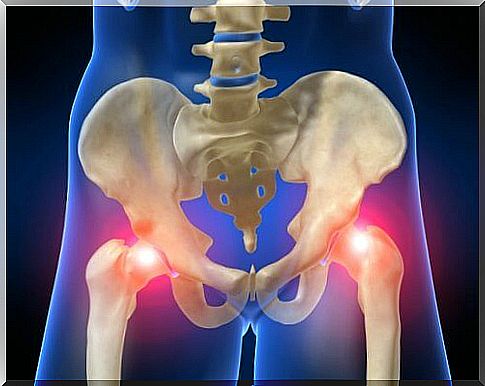
Osteoarthritis is a condition characterized by inflammation of the bones and joints. This occurs as a result of the gradual damage to the cartilage that protects them against friction.
Although it can be present in any joint in the body, osteoarthritis especially affects the hands, knees and hips.
The symptoms appear gradually. Even though they can be controlled with medication, there is no cure for this condition.
When osteoarthritis affects the hip, it manifests itself in the anterior joints and pelvis. Inflammation and pain that occur can vary in intensity.
4. Hip fracture
Hip fracture is a medical emergency that requires immediate care. Otherwise, complications can occur that can permanently affect your mobility, and in extreme cases can endanger your life.
The risk of a hip fracture increases with age. The skeletal system gradually loses its density due to the body’s increasing difficulty in absorbing nutrients.
However, this problem can occur in other periods of life, as a result of a chronic condition or trauma.
5. Tendonitis
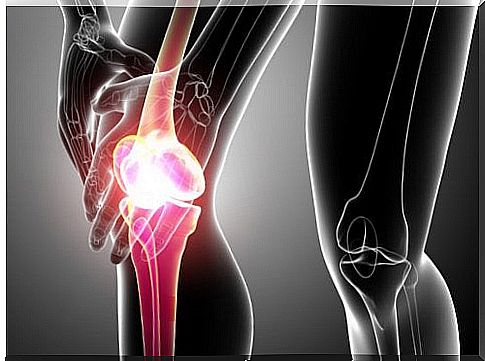
Tendinitis is inflammation of the tendons that connect muscles to bones. This can occur in any tendon in the body, but most commonly the elbows, knees and hips are affected.
The most prone to tendonitis are athletes and people whose services involve physical overload. However, this problem can also occur as a result of trauma or illness.
In the hip area we are dealing with an iliopsoas tendonitis. This type of tendonitis sometimes causes an uncomfortable bang and pain at certain movements.
6. Sciatica
Sciatica is caused by an irritation or inflammation of the sciatic nerve. This is the largest nerve in the whole body. When injured, a pain appears in the lumbar area and radiates to the hip and back of the leg.
Sciatica is not considered a condition in itself, but rather a symptom of another medical problem. It can be a herniated disc, spinal stenosis or degenerative disc disease.
In addition to hip pain, sciatica also causes numbness in the legs. Fortunately, rest, painkillers and certain stretching exercises can speed up the healing process.
In conclusion, hip pain can have various causes. Therefore, it is not always a serious problem. Remember that medical care and physiotherapy are very important, especially if the pain is recurrent.





